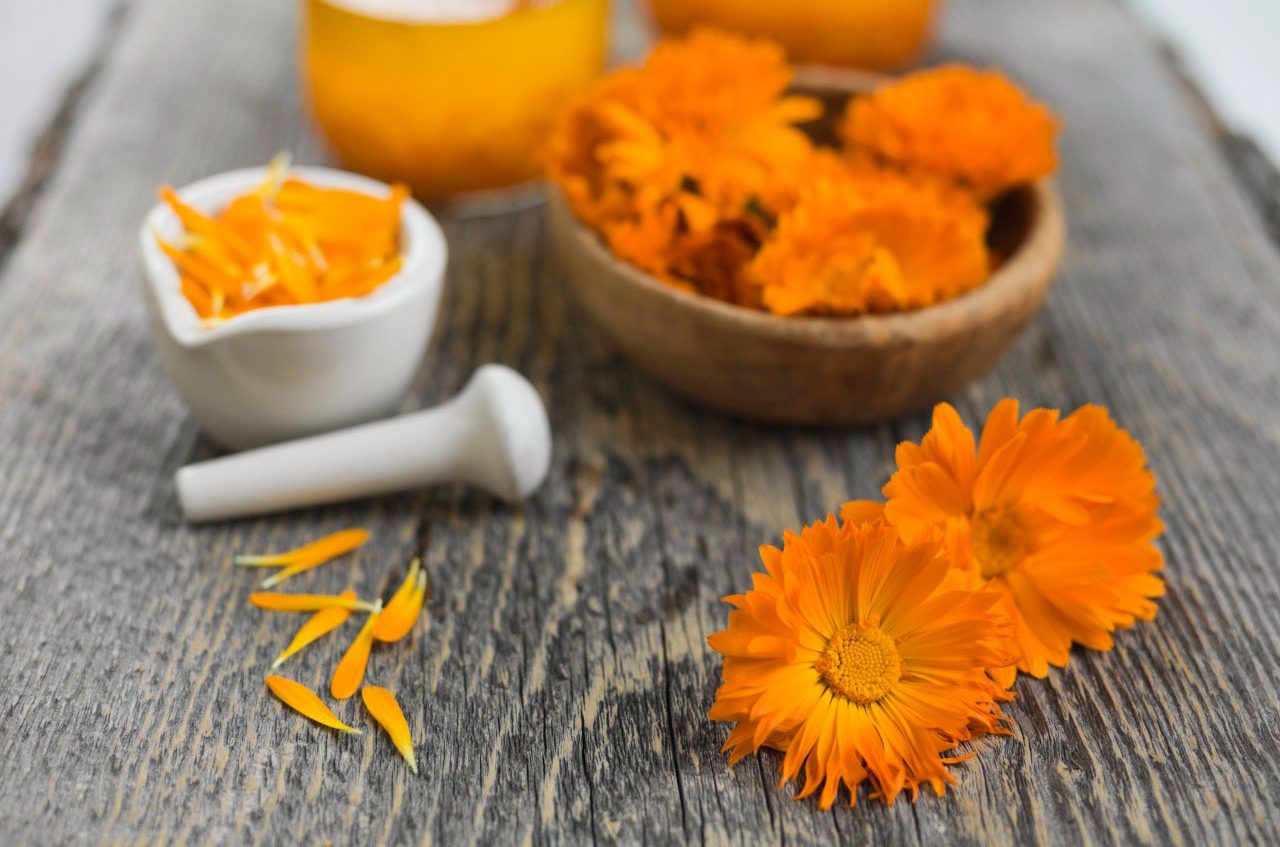Homeopathic and Herbal Remedies Are Still Controversial

Questions abound, but there are big differences between the two.
Homeopathy and herbal medicine certainly have one thing in common. Both are considered alternatives to treatment via mainstream pharmaceutical drugs.
From there, they diverge into separate entities that generate very different responses within the medical community.
Before you walk into the forest and miss it for all the trees (reams of commentary), keep in mind that mainstream health professionals, like doctors, are essential to your health.
You shouldn’t just replace their expertise and treatment plan with an herbal extract from a plant or a homeopathic tincture.
Of the two, homeapathy is by far the most controversial. Still, about 5 million adults and about 1 million children used homeopathy in 2011. Out-of-pocket costs were $2.9 billion for homeopathic medicines and $170 million for visits to homeopathic practitioners.
The homeopathic medical system was developed in Germany at the end of the 18th century. Its basis is two unconventional theories. One is “like cures like” — the notion that a disease can be cured by a substance that produces similar symptoms in healthy people,” according to the National Center for Complimentary and Integrative Health (NCCIH).
The other is the “law of minimum dose’” — the notion that the lower the dose of the medication, the greater its effectiveness. “Many homeopathic remedies are so diluted that no molecules of the original substance remain,” the NCCIH says.
Criticism of homeopathy ranges from measured skepticism to outright claims of quackery. Supporters are equally fervent.
Andrew Weil, MD, who has gained widespread respect on the conventional and unconventional sides of the medical aisle, believes you could find value in homeopathy, even if it “merely evokes a placebo response.”
Put another way, he’s claiming that your doctor should not discount the placebo response, but “exploit it as a safe effective way to treat disease.”
Representing the most scathing indictment of homeopathy, British doctor Ben Goldacre, MB, BS, wrote in The Lancet that five large meta-analyses of homeopathy produced no “statistically significant benefit over placebo.”
He added that “to be honest, it almost feels silly writing about homeopathy in The Lancet.”
At the other end of the spectrum is Dana Ullman, MPH, probably the leading advocate for homeopathy in the U.S. In a long article aimed at you, the patient, he says numerous studies scientifically support homeopathy and he cites them.
Among other points, Ullman says there is a proactive campaign of misinformation about homeopathy and that advocates of homeopathy “simply honor the Hippocratic tradition of ‘first do no harm.’’’
He adds that it is “highly unlikely that a placebo response is the explanation for homeopathy's notable successes in treating epidemics of cholera, yellow fever, scarlet fever, typhoid, pneumonia, or influenza.”
People in the middle say homeopathic remedies are fine for “self-limiting” ailments that involve acute pain (homeopathic arnica is widely used for that) from bumps, bruises and sprains, and coughs, colds, and flus.
When it comes down to it, all this high-caliber mud slinging doesn’t help you understand homeopathy better. So if you’re considering homeopathic remedies, educate yourself, see what your doctor has to say, and consult a doctor who uses homeopathy as complimentary alternative medicine (CAM).
That term, CAM, is of fairly recent vintage and was devised in part to end the “us” versus “them” mentality within medicine and cultivate some mutual respect toward the ultimate goal, which is helping you feel better.
Herbal medicine is easier to understand. Returning to Weil as a fulcrum, because he deftly straddles mainstream medicine and CAM, it may help you to know that he has recommended herbal remedies “far more often” than he has prescribed prescription drugs. He says he hasn't seen a “serious adverse reaction” to any of the herbal remedies he has recommended, but serious adverse events can occur if patients don’t receive appropriate care or use CAM treatment instead of traditional medicine.
A national report in 2014 found that herbs and other dietary supplements other than vitamins are the most commonly used “complimentary medicine” in the U.S. — more than chiropractic, yoga, and massage.
In 2012, nearly 18 percent of Americans used non-vitamin, non-mineral dietary supplements.
Problems critics have with herbal medicine include many unsubstantiated claims, which are made possible because the market is not well regulated.
Taking herbal medicine without supervision or self-education can also be potentially dangerous, because unlike homeopathic remedies that have miniscule amounts of an extract if any, herbal pills or solutions can contain high concentrations or be contaminated. They may also interact dangerously with medicines you may be taking. For instance, some herbal supplements can stop some medications from working effectively, such as blood-clot thinners.
“Herbal remedies, just like pharmaceutical medicines, will have an effect on the body and can potentially be poisonous,” cautions the British National Health Service. “They should therefore be used with the same care and respect as pharmaceutical medicines.”
That’s why you should always be careful to use standardized herbal remedies, which “helps ensure you will get the right dose and the effects similar to human clinical trials,” according to the University of Maryland Medical Center. “Ask your doctor or pharmacist about which herbal supplements are best for your health concerns.”
Ancient Chinese and Egyptian writings describe the use of herbal medicines as early as 3000 B.C. That’s a long history of what amounts to clinical trials. They work.
But, you have to know that what you’re taking is safe and from a reputable source. Your doctor also needs to know because herbal medicines can interact with prescription drugs.
Even Christopher Hobbs, author of “Herbal Remedies for Dummies,” writes that “when my child has meningitis, give me the penicillin.” Then he notes that it’s “purified and packaged” from a fungus.
Updated:
March 31, 2020
Reviewed By:
Christopher Nystuen, MD, MBA